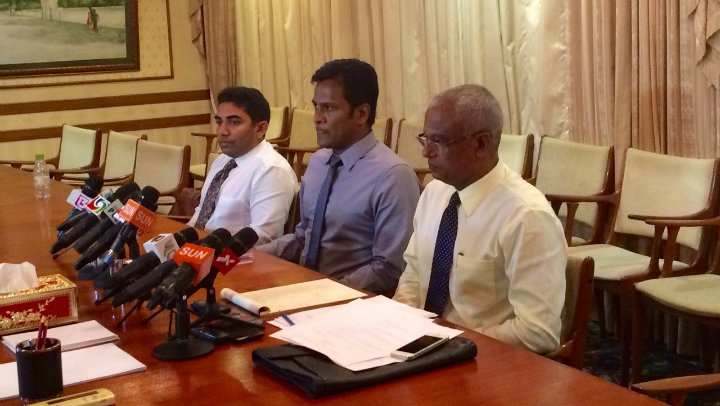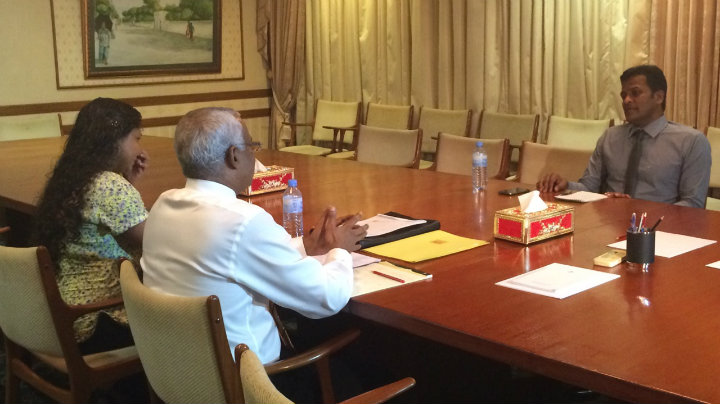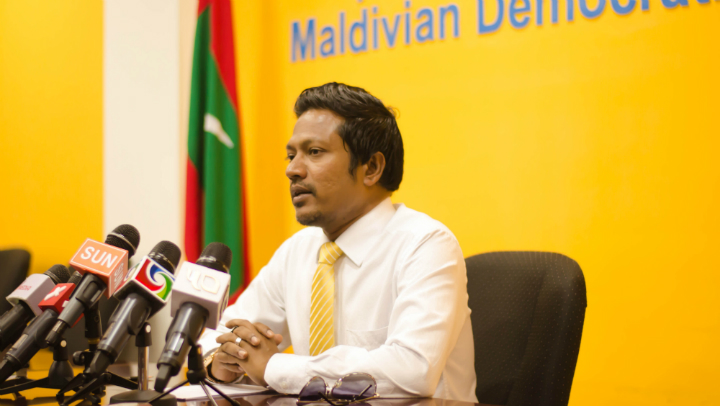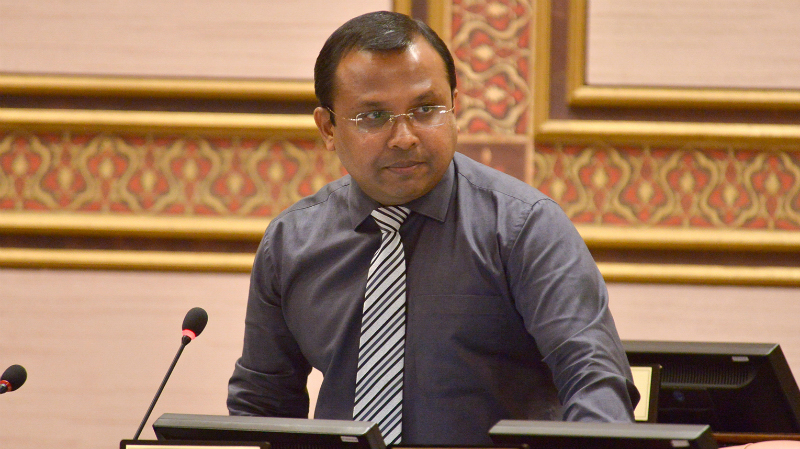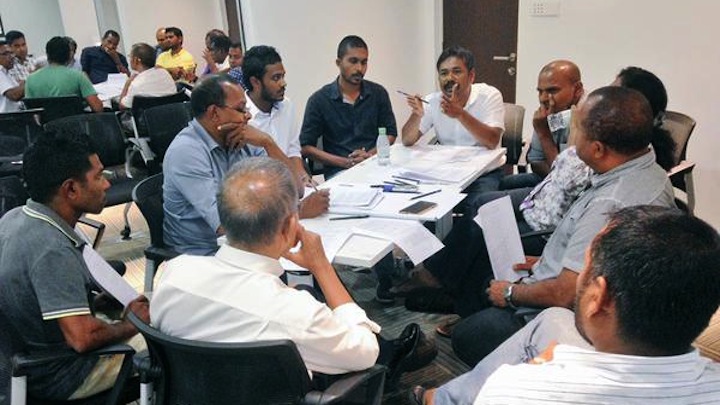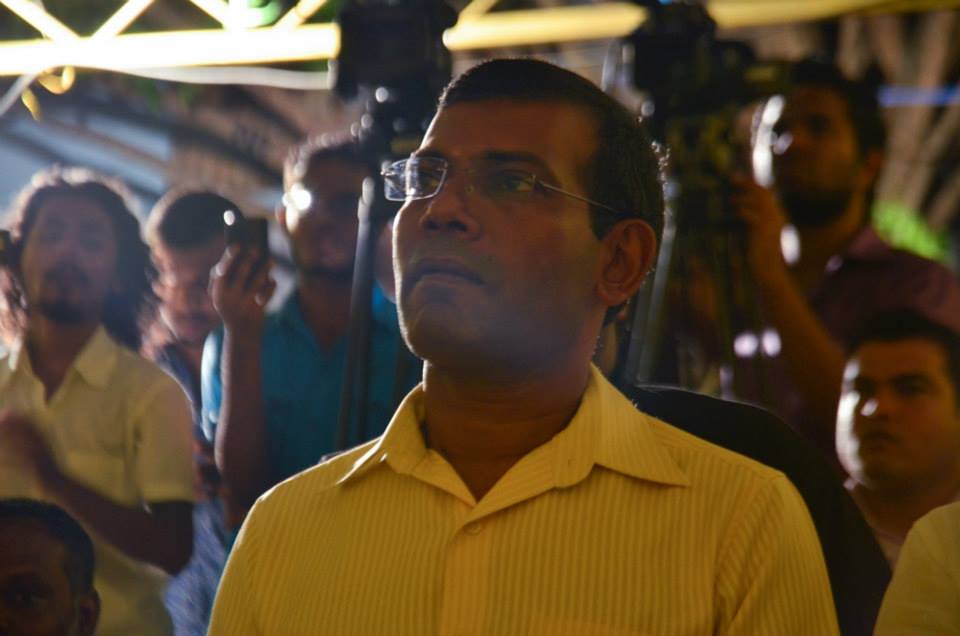The government has cancelled a third meeting in ongoing talks with the main opposition Maldivian Democratic Party (MDP) as some ministers are out of the country, the president’s office has said.
The government was due to propose mechanisms to release jailed opposition politicians and withdraw charges against more than 1,400 opposition supporters.
The long-awaited talks has raised hope of an end to a six month long political crisis that was triggered by the arrest and imprisonment of former president Mohamed Nasheed.
The MDP had proposed that talks conclude within a two-week timeline.
Minivan News is awaiting comments from the MDP and the president’s office on whether the cancellation could be considered a setback. A date has not been set for the next meeting.
MDP parliamentary group leader Ibrahim ‘Ibu’ Mohamed Solih is representing the party, while the home minister, the fisheries minister and the presidential affairs minister are representing the government.
President Abdulla Yameen’s proposed agenda for talks comprised of three aspects: political reconciliation, constitutional and judicial reform, and political party participation in development.
The government has conceded to an MDP demand to commence all-party talks at a second stage of talks when constitutional and judicial reform is discussed. Three separate teams of ministers were assigned to the MDP, the Jumhooree Party (JP) and the religious conservative Adhaalath Party.
Nasheed was transferred to house arrest in late June. The opposition subsequently backed a constitutional amendment that will allow the president to replace his deputy Dr Mohamed Jameel Ahmed.
“I believe this is the time for major reconciliation by finding a consensus through talks. The government, to show its sincerity, will make all the concessions we can,” home minister Umar Naseer had said at a first meeting of the talks.
Ex defence ministers Mohamed Nazim and Ibrahim Tholhath, and former ruling part MP Ahmed Nazim were also sentenced to jail within weeks of Nasheed’s sentence. Meanwhile, Adhaalath Party president Sheikh Imran Abdulla is in police custody awaiting a trial on terrorism charges over a historic anti-government protest on May 1.
Ex-MP Nazim was hospitalized today over back-pains.
Two senior JP leaders and the MDP chairperson Ali Waheed have fled the country. The three were also arrested on May 1. JP deputy leader Ameen Ibrahim and council member Sobah Rasheed were charged with terrorism, but formal charges have not been brought against Waheed yet.
The government last week removed a freeze on JP leader Gasim Ibrahim’s Villa group accounts. Gasim has announced he will retire from politics when his term as MP expires in 2019.
The tourism tycoon left the Maldives in late April and has not yet returned. The newly passed constitutional amendment, which set new age limits of 30-65 years for the presidency, will bar Gasim from the 2018 presidential elections.
MDP has said the opposition and government must come to an agreement on “politically motivated charges and sentences” before discussing constitutional and judicial reform.
The MDP has also asked for an independent inquiry into the disappearance of Minivan News journalist Ahmed Rilwan and the brutal murder of MP Afrasheem Ali.
The party has also proposed a change from the Maldives’ current presidential system to a parliamentary system.
Representatives of the government and the opposition have said they are committed to a resolution and political stability.
Talks with the JP are ongoing, but meetings between the government and the Adhaalath Party are yet to begin.
